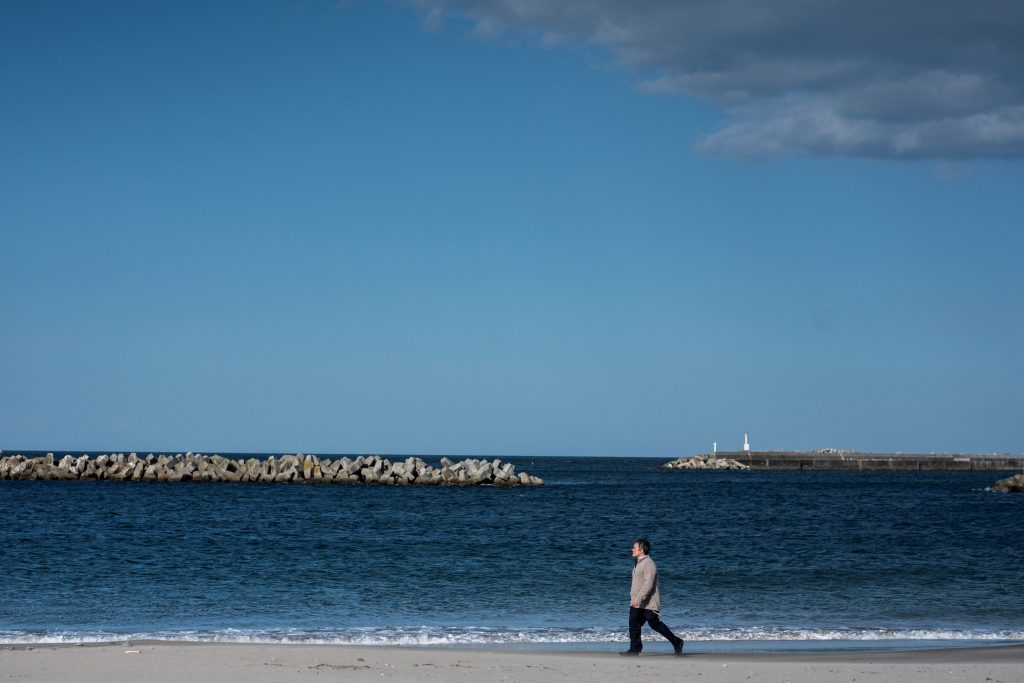
- ARAB NEWS
- 01 Jul 2025

TOKYO: Japan asked the International Atomic Energy Agency on Tuesday to cooperate with the country’s plan to release water accumulated at the disaster-crippled Fukushima No. 1 nuclear plant to the sea.
The request was made by industry minister Hiroshi Kajiyama at a teleconference with IAEA Director General Rafael Mariano Grossi.
Kajiyama conveyed the Japanese government’s hope that the IAEA will examine the environmental impact of the planned water release and inform the world of the results.
Grossi said that the IAEA will be pleased to support the Japanese plan, adding that Japan can surely resolve the water issue.
At the Tokyo Electric Power Company Holdings Inc. <9501> plant, water is used to cool damaged nuclear reactors, while groundwater flows into reactor buildings in which nuclear fuel debris exists. As a result, radioactively contaminated water continues to be generated.
TEPCO processes the contaminated water with special purification equipment and stores it in tanks placed within the nuclear plant site. The treated water still contains tritium, a radioactive isotope of hydrogen.
Concerned that the rising number of water storage tanks could affect work to decommission the Fukushima plant, the government is now considering releasing the water to the sea after diluting it to further lower radiation levels.
The government, however, is yet to formally decide on the water release, in light of persistent concerns among local fishermen and others about its possible negative implications.
JIJI Press